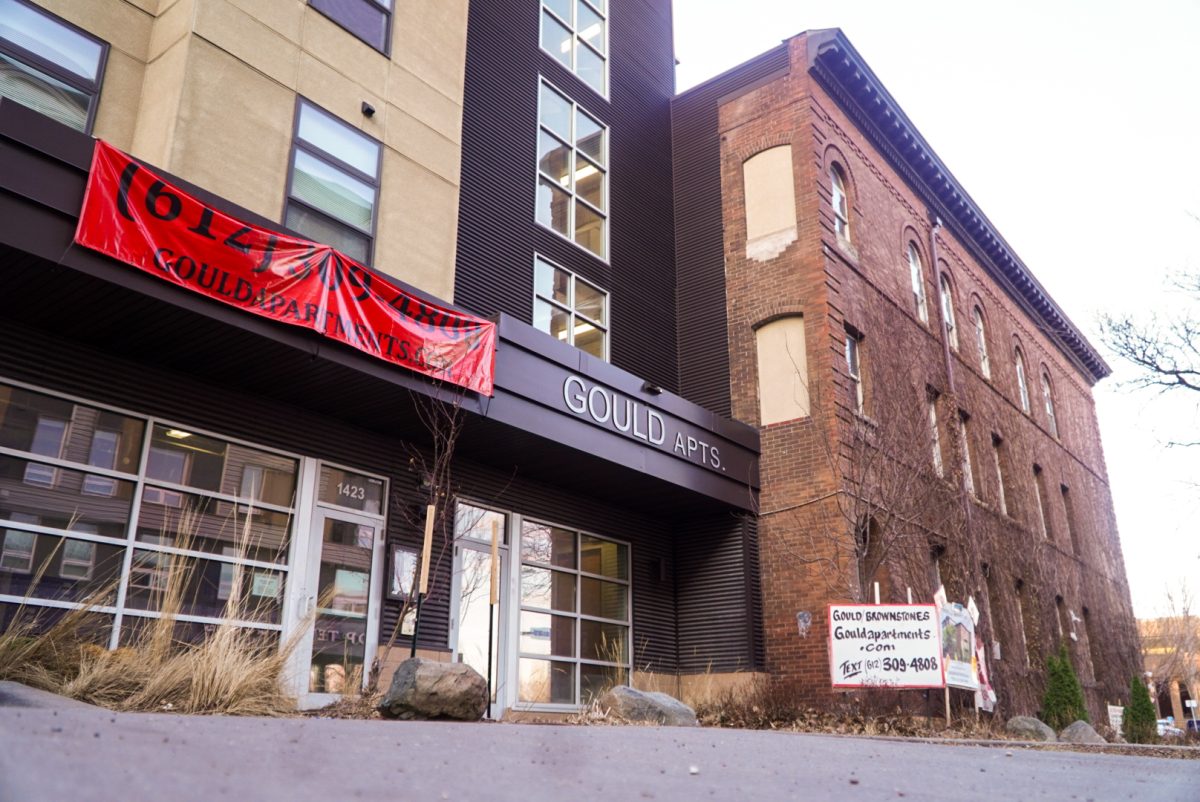Looking to support asylum seekers at the U.S. border, the University of Minnesota Medical School’s Department of Psychiatry and Behavioral Sciences launched an initiative that aims to provide medical and mental health evaluations.
The effort titled “University of Minnesota Psychiatry & Behavioral Sciences Immigrant Refugee Efforts,” or UMPIREs, began in June after news organizations released stories detailing the lack of care at detention facilities in Texas. Deanna Bass, an assistant professor in the University’s medical school, said these articles produced an intense wave of reaction from her colleagues, spurring a need to participate in local efforts to provide assistance.
The program aspires to establish a system which will train medical and mental health providers in asylum assessments and develop a framework for pro bono ongoing care to serve people impacted by immigration issues.
“There has been a significant, but really increasing, need for evaluations and for mental health and physical health support for asylum seekers and for other immigrants, as the challenges that the community we serve has … increased,” said Alison Griffith, a staff attorney at The Advocates for Human Rights.
Mental health issues, trauma-related or otherwise, can often hinder an asylum seeker from providing a testimony containing the level of detail suggested by asylum laws. Psychiatric and medical evaluations can help provide vital evidence to supplement an asylum seeker’s case before the asylum office or the court, Griffith said.
“People who have survived experiences that have impacted them in particularly difficult ways sometimes struggle to talk about these experiences, particularly in a setting with a government officer and oftentimes in a court setting,” she added.
Medical evaluators can also examine scars and determine whether they are consistent with experiences of torture that might have been described by the asylum seeker.
“If someone has had, for instance, a traumatic brain injury or other significant mental health issue that is impacting their memory in that case, their body can really tell the story even if that person cannot provide a chronological narrative of how they were harmed,” Griffith said.
Jonathan Kirsch, assistant professor in the University’s medical school, was trained to perform asylum assessments years ago. He said looking beyond the scope of medicine and learning the legal context of a patient is often crucial to providing care.
“People’s legal status, whether it’s the patient we’re dealing with or [a] family member’s, is a major social determinant of health. Understanding what they might be dealing with outside the clinic is critical to understanding how we can best care for them,” Kirsch said.
The Advocates for Human Rights organization has provided several asylum assessment trainings to physical and mental health providers over the years in collaboration with providers at The Center for Victims of Torture and the University’s Psychiatry and Behavioral Sciences Department. The Advocates for Human Rights’ role in these trainings includes describing what asylum is and what kinds of evidence can help asylum seekers prove their case, Griffith said.
“We’re trying to join the ranks of these other people who have been working very hard in this area for a very long time and trying to help pull groups together in a more united effort,” Bass said.








